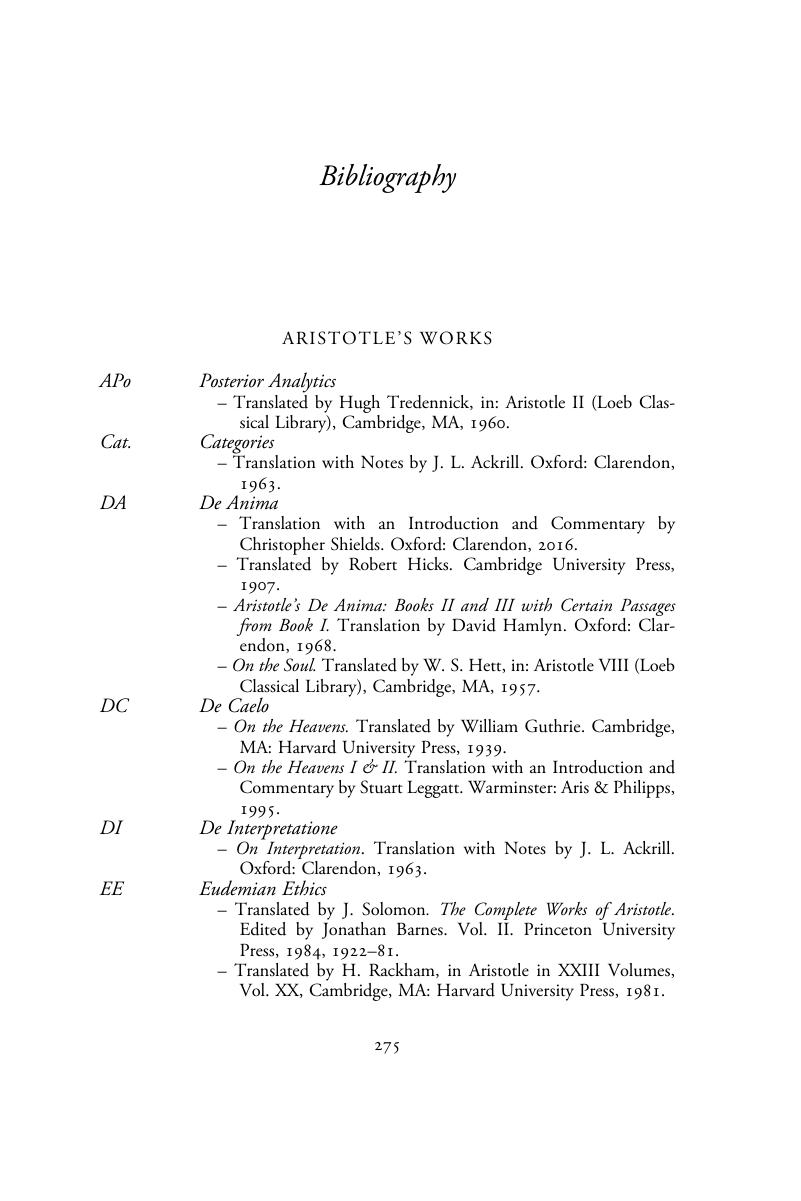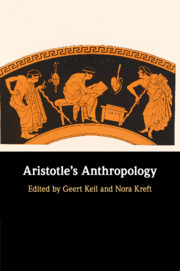Book contents
- Aristotle’s Anthropology
- Aristotle’s Anthropology
- Copyright page
- Contents
- Contributors
- Acknowledgements
- Introduction
- Part I Human Beings as Rational Animals
- Part II Human Nature in the Light of Aristotle’s Biology
- Part III Aristotle’s Moral Anthropology
- Part IV Aristotle’s Political Anthropology
- Bibliography
- Index
- References
Bibliography
Published online by Cambridge University Press: 27 May 2019
- Aristotle’s Anthropology
- Aristotle’s Anthropology
- Copyright page
- Contents
- Contributors
- Acknowledgements
- Introduction
- Part I Human Beings as Rational Animals
- Part II Human Nature in the Light of Aristotle’s Biology
- Part III Aristotle’s Moral Anthropology
- Part IV Aristotle’s Political Anthropology
- Bibliography
- Index
- References
Summary

- Type
- Chapter
- Information
- Aristotle's Anthropology , pp. 275 - 290Publisher: Cambridge University PressPrint publication year: 2019

